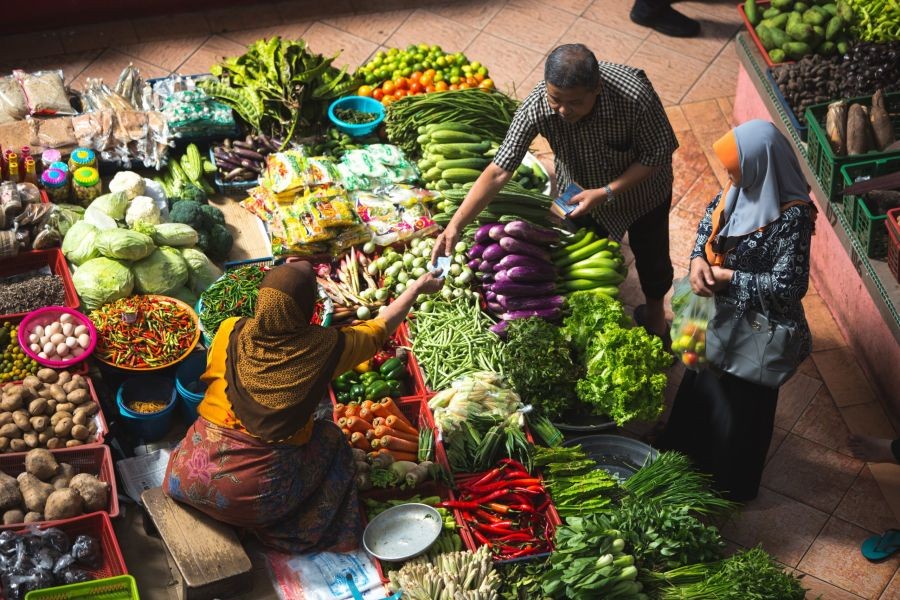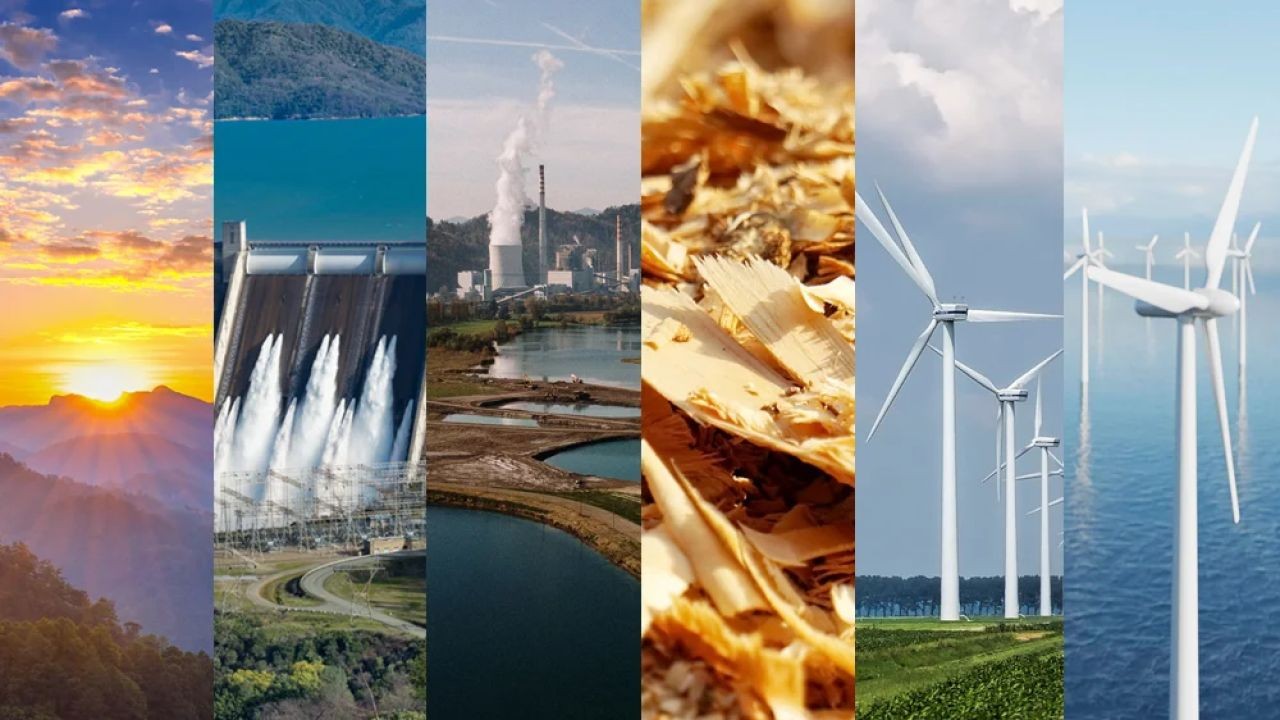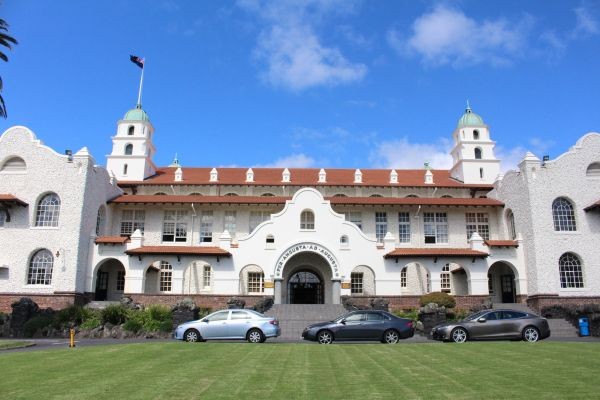New Zealand has long been lauded for its pristine landscapes and rich agricultural heritage, making it a natural leader in the conversation around sustainable food security. However, the country's success isn't merely due to its natural resources; it is also a result of strategic policy-making, innovative agricultural practices, and community-driven initiatives. As the world grapples with the challenges of climate change and population growth, New Zealand's approach offers valuable lessons.
🔍 Understanding New Zealand's Approach to Sustainable Food Security
New Zealand's commitment to sustainable food security is embedded in its national policy. According to the Ministry for Primary Industries, the country's food security strategy focuses on enhancing productivity while minimizing environmental impacts. This dual approach ensures that economic growth does not come at the expense of ecological health.
Case Study: Zespri – Leading the Charge in Sustainable Practices
Problem: Zespri, a leading Kiwi fruit company, faced challenges in balancing global demand with sustainable practices. The company needed to ensure that its operations remained environmentally friendly while meeting international market demands.
Action: Zespri implemented a comprehensive sustainability program, focusing on reducing carbon emissions and optimizing water usage. They adopted precision agriculture technologies to monitor crop health and improve yield without increasing resource consumption.
Result: Within two years, Zespri achieved a 20% reduction in carbon emissions and a 15% improvement in water use efficiency. Their sustainable practices not only enhanced their brand reputation but also led to a 25% increase in international sales.
Takeaway: Zespri's success demonstrates the viability of integrating technology with traditional farming practices to achieve sustainable growth. New Zealand businesses can leverage these insights to enhance both environmental and economic outcomes.
📊 Data-Driven Insights: New Zealand's Agricultural Economy
According to Stats NZ, agriculture contributes significantly to the country's GDP, with dairy and meat products being major exports. The agricultural sector employs over 5% of the workforce, highlighting its importance to the national economy. However, climate change poses a risk to this vital industry.
To mitigate these risks, New Zealand is investing in research and development. The government has allocated funds to the Sustainable Food and Fibre Futures program, which supports innovative projects aimed at improving sustainability in agriculture. This investment is crucial in ensuring long-term food security and economic stability.
⚖️ Pros and Cons of New Zealand's Sustainable food security Initiatives
✅ Pros:
- Environmental Protection: Policies ensure minimal ecological impact, preserving biodiversity.
- Economic Growth: Sustainable practices enhance global market competitiveness.
- Community Engagement: Local initiatives foster community involvement and resilience.
❌ Cons:
- Initial Costs: Implementing sustainable practices requires significant upfront investment.
- Technological Dependence: Reliance on technology may exclude smaller farms lacking resources.
- Regulatory Challenges: Complex compliance requirements can hinder swift adoption.
💡 Debunking Myths: Sustainable food security in New Zealand
Myth: Sustainable practices are too costly for small farmers.
Reality: While initial investments are required, long-term savings and increased market access often outweigh costs. Support from government programs like the Sustainable Food and Fibre Futures can alleviate financial burdens.
Myth: New Zealand's agriculture is already sustainable without further changes.
Reality: While progress has been made, continuous innovation and adaptation are necessary to meet future challenges such as climate change and resource scarcity.
🔮 Future Trends & Predictions
By 2030, New Zealand is expected to be at the forefront of sustainable food production, thanks to ongoing investments in technology and policy support. The integration of AI and IoT in agriculture will likely lead to even greater efficiencies and environmental benefits. According to a recent report by Deloitte, the use of AI in agriculture could increase productivity by 40%, positioning New Zealand as a leader in sustainable agricultural innovation.
🔚 Conclusion: Final Takeaways & Call to Action
New Zealand's model of sustainable food security offers valuable insights for global application. The country's success lies in its ability to balance economic growth with environmental stewardship. As a financial advisor, it's crucial to recognize the potential of investing in sustainable practices and technologies that align with future trends.
Ready to explore sustainable investment opportunities in New Zealand? Start by researching companies like Zespri that exemplify successful sustainable practices. Share your thoughts and experiences with sustainable investments in the comments below!
🔍 People Also Ask (FAQ)
- How does sustainable food security impact New Zealand's economy?New Zealand's sustainable food security measures enhance export market competitiveness, contributing to economic growth and job creation.
- What are common myths about sustainable agriculture?One myth is that it's too costly for small farmers, yet government programs and long-term savings prove otherwise.
- What are the future trends in New Zealand's sustainable agriculture?AI and IoT integration are expected to boost productivity by up to 40% by 2030, according to Deloitte.
🔍 Related Search Queries
- Sustainable agriculture in New Zealand
- New Zealand food security initiatives
- Climate change and NZ agriculture
- Investing in sustainable practices
- Future of New Zealand agriculture
































VickeyPvq
8 months ago